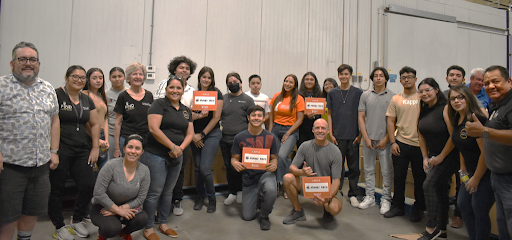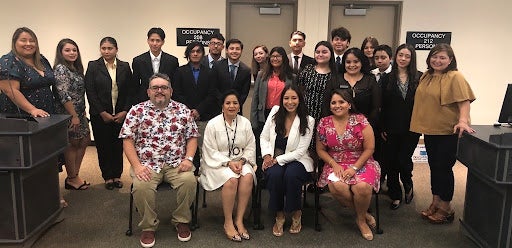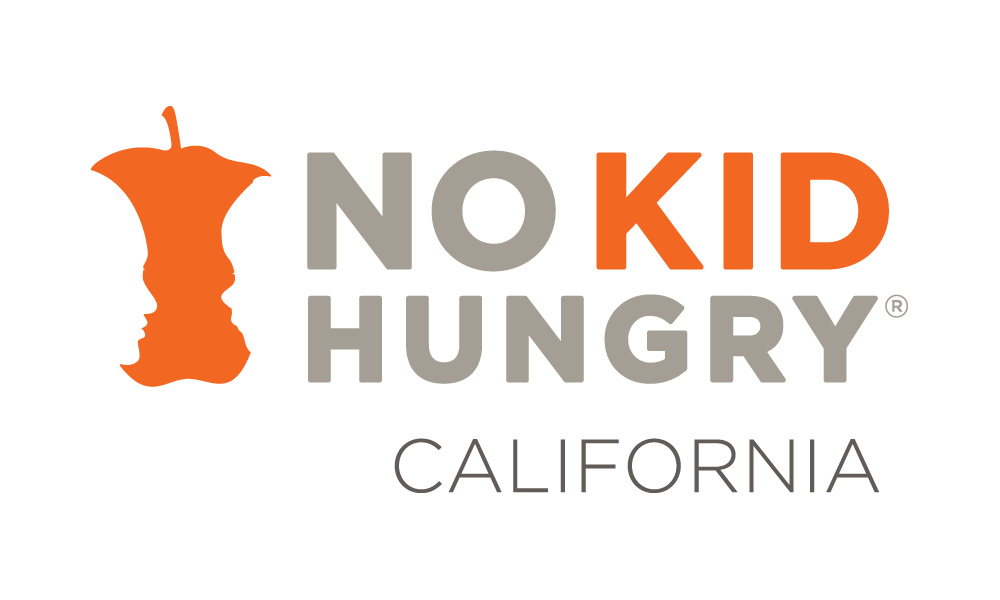
Promoting Student Leadership: Riverside County Migrant Education Program
Myra Sanchez directs the Migrant Education Program, which serves students in Riverside and Bernardino Counties in California. This program, administered through the Riverside County Office of Education, is federally funded and provides supplementary educational and support services to migrant students. A migrant student is defined as one whose “parent or guardian is a migratory worker in the agricultural, dairy, lumber, or fishing industries and whose family has moved during the past three years.”
In 2017, Myra and her team developed an internship program for migrant students called the “Migrant Career Academy Partnership Program (MCAP)” to provide tools and support to students in their education and in their transition from high school to college or a career. Many students live in households that experience food insecurity and move a lot, which makes it harder to receive a consistent education and graduate high school. The Migrant Career Academy
Partnership Program exposes students to professional settings and environments they haven’t seen before and teaches them new skills. During the first year of the program, the internship hosted 25 students. For seven weeks, the students worked in various offices in the fields of medicine, law, county government, education, and even aviation.
Myra sees exposure to new environments as key for expanding the possibilities for students coming from migrant backgrounds. The internship consists of many types of education and training, covering topics ranging from college readiness to financial literacy and mental health. The interns attend a speaker series where they hear from subject matter experts in their community. Myra knows that representation matters for their students: “If they see it [that means] I can do it too.” Many of the guest speakers are former interns from the academy who have similar backgrounds and experiences as the students.
Addressing Community Food Security
Migrant Career Academy Partnership Program interns made a significant impact through their CalFresh
(California’s Supplemental Nutrition Assistance Program (SNAP)) outreach campaign, connecting with over 600 families in the two years they have done this project.
177 families completed a SNAP eligibility screener and 94 families completed a CalFresh application, resulting in an estimated $900,000 in new benefits for families in their community in the past two years.
An equally important part of the program, and an equity best practice, is that the internship experience is paid. Many students who participate are also farmworkers themselves, who contribute to their family’s income, so providing paid opportunities means students don’t have to choose between the internship program and supporting their family financially.
“This internship has allowed me to grow in many ways, including learning business etiquette and professionalism. I’ve also learned how to finance my income and save money. These skills will allow me to network with people in the future and create successful connections. This has also helped me financially, which I have taken advantage of by using my first paycheck to buy my family’s groceries.” – 2022 OFCV/MCAP Intern

In 2020 when the pandemic hit, the team faced obstacles that could have disrupted the program. Instead, they pivoted and partnered with “One Future Coachella Valley” to oversee a hybrid version of the program. This organization already had experience working to prepare students for college and was the perfect fit. As part of the switch to a hybrid setting, Myra wanted the students to have a project to dig into, which led to training the students in virtual recruitment for CalFresh, California’s Supplemental Nutrition Assistance Program (SNAP). This program has been successful in many ways. Students are the ideal individuals to serve as outreach workers because they have familiarity and trust within their communities. Since many of the interns have lived experience with the SNAP program, they’re able to reduce stigma and allay fears that the program impacts the immigration process. The students find the project rewarding and see it as civic engagement and advocacy. One 2022 intern shared: “What I liked the most about the CalFresh Outreach Project was that we got to communicate with our community and gave important resources that they might need, mostly since my family uses food stamps.” Myra shared that the students don’t see their internship as work: “It’s not a job; I don’t feel like it’s a job. I feel like it’s what I should be doing.”
The program has grown over the years, and now Myra’s team is hosting 40 student interns – 20 in-person and 20 virtual. Her focus is now on sustainability so that she can offer this program year after year. The Riverside County Superintendent of Schools has prioritized equity throughout their large department, which has validated Myra’s work. The Riverside County Office of Education’s equity vision is to “create and sustain strong equitable systems that lead to clear pathways to success for all students.” The Migrant Career Academy Partnership Program does just that by ensuring students from migrant farmworker backgrounds have equitable educational opportunities that meet their needs.
The Migrant Career Academy Partnership Program has already seen many successes over these past few years. Myra and her team know that interns come away from the program with important skills for navigating systems, advocating for themselves, and preparing for college and a career. Myra and her staff gain a lot from the students participating in the Migrant Career Academy, including motivation to continue to grow and sustain the academy from students’ passion for working with their community. They’ve also seen the long-term impacts of their work as the first cohort has now graduated from college. As an example, one previous intern was interested in becoming a pilot. He was set up with an internship where he could learn about the skills required for this career. He’s now working in the aviation industry. Another student interned with their local congressman and is now working in local government. Myra shared, “When they start, we see who they are, and after seven weeks, we see who they have grown into.”
You can learn more about the Migrant Education Program on their website.
Written by Center for Best Practices.
Last Reviewed: May 18, 2023



